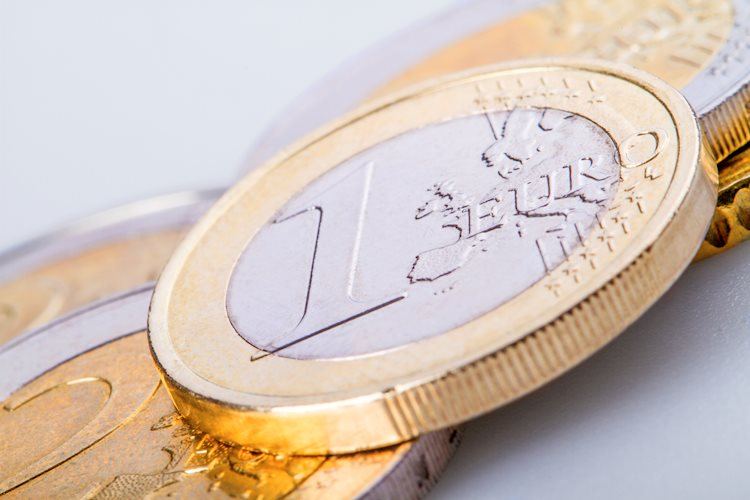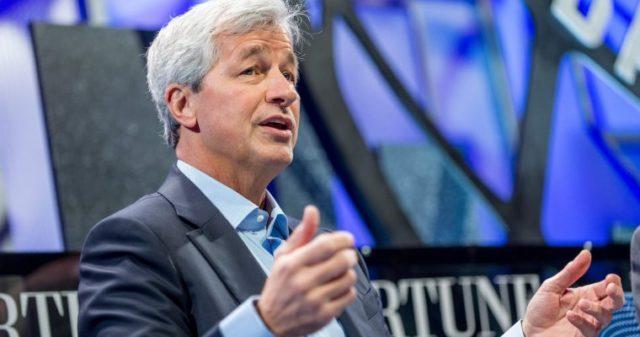although the days in the White House may be numbered, Donald Trump is not done with a region he did not spare during his tenure. Between the relocation of the US Embassy to Jerusalem, the withdrawal from the Iranian Nuclear Agreement (JCPOA) and the assassination of Iranian General Qassem Soleimani, the US president made decisions that fundamentally transformed the average political landscape. -Oriental. And whose consequences will be felt well beyond his presidency.
His actions were primarily aimed at favoring Israel, the United States’ greatest ally in the region, and at weakening Iran, a declared enemy of the Hebrew state and of the United States. After tearing up the JCPOA in May 2018, Donald Trump thus exerted against the Islamic Republic a policy of “maximum pressure” aimed at suffocating the Iranian economy, by preventing it from selling its oil and trading with the rest of the world. Its goal, to force the Iranians to renegotiate a comprehensive agreement responding to all American concerns (nuclear, ballistic missiles, regional activities) on Iran.
Trump’s failure
However, far from giving in to the American diktat, Iran has on the contrary resumed its most sensitive nuclear activities and pursued its regional policy of support to the countries and movements opposed to the United States, Israel and Saudi Arabia. (Iraqi militias, Syrian regime, Lebanese Hezbollah, Palestinian Hamas, Yemeni Houthis…). Anxious to take advantage of his last moments in power to reduce as much as possible Tehran’s room for maneuver in the Middle East, Donald Trump decided to target one of the last groups escaping the American blacklist of terrorist organizations: the rebels Yemeni Houthis.
Having seized the capital, Sana’a, in September 2014, this armed group from the Zaydi minority (branch of Shiite Islam), the majority in northern Yemen, has been confronted for nearly six years with an Arab-led coalition. by Saudi Arabia in a conflict that has claimed tens of thousands of victims, most of them civilians. Considering Yemen as its backyard and the Houthis as a movement acting in the pay of Iran, Riyadh, Washington’s biggest Arab ally, intends to re-establish the legitimate government recognized by the United Nations. Master of the air thanks to the technological superiority of its aviation, the petromonarchy was illustrated by often indiscriminate aerial bombardments. For their part, the Yemeni rebels have stepped up attacks against the southern Saudi provinces which border them, in particular against oil installations.
Iranian weapons
“Terrorist acts”, according to Washington, which threaten “civilian populations, infrastructure and maritime transport”. Tying the plight of the Houthis entirely to that of Iran, US Secretary of State Mike Pompeo said the decision to sanction Yemeni rebels was also aimed at strengthening “deterrence against the harmful activities of the Iranian regime” in the region. If Iran admits to supporting the Houthis “politically”, it categorically denies providing them with weapons. However, a UN expert report, sent to the Security Council in January 2020, highlights suspicious deliveries of weapons, including cruise missile systems, to Yemeni rebels via Oman and the south coast of Yemen. . According to the document revealed by Agence France-Presse, some of these weapons had “technical characteristics similar to weapons made in Iran.”
Five years after the start of the war in Yemen, the military positions are frozen. The rebels still control the north-west of the country and have retained Hodeidah, the main entry point for humanitarian aid, despite the air, sea and land blockade imposed by the Arab coalition. “The Houthis now control the whole of northern Yemen, or the bulk (20 million) of the country’s population, with an administration and ministries,” recalls Gilles Gauthier, former French ambassador to the country. Anxious to extricate itself from the conflict in which it is mired without losing face, as the United Arab Emirates already did in July 2019, Saudi Arabia engaged in informal negotiations last fall. aimed at ending the endless conflict.
Peace negotiations
If they are stalling, which is more after the attack that decimated members of the legitimate government in Aden on December 30, the American decision to target the Houthis is likely to cause a break in the timid dialogue started between the two. camps. “The American sanctions will not encourage the Houthis to continue the efforts of the peace negotiations”, euphemizes a Western specialist of the country on the condition of anonymity.
Well beyond the political process, Donald Trump’s latest decision risks worsening an already dire humanitarian situation. The poorest country in the Arabian Peninsula, Yemen has, in addition to tens of thousands of deaths, seen millions of its inhabitants displaced by a conflict that has put the population on the brink of famine. 80% of Yemenis today depend on humanitarian aid. “The designation of the Houthis as a terrorist group will threaten our ability to come to the aid of a population already in difficulty”, warns Marc Schakal, deputy head of the Yemen program at Doctors Without Borders. “This will add barriers to a system that already does not cover the basic needs of the population, between civil war, the collapse of the health system and the Covid-19 and cholera pandemic. ”
Critical humanitarian situation
Concretely, the placement of the Houthis on the American list of terrorist organizations could make the slightest contact between humanitarian NGOs and rebel officials impossible, prohibit banking transactions in the direction of northern Yemen, or even complicate the purchase of food and fuel. on the spot. “We are working in northern Yemen with the local health ministry, which is in fact under the control of the Houthis,” Marc Schakal recalls. In a way, we are criminalizing humanitarian aid and we are not encouraging donors to continue working for Yemen. Once again, it is the Yemeni people who will suffer in the first place. ”
In response to humanitarian concerns, the US foreign minister said his administration was planning exemption measures on certain humanitarian activities and imports. “We are waiting to see what it will be exactly, but it is difficult to believe that they will cover all the humanitarian needs of the Yemeni population,” says the head of Doctors Without Borders. “The situation is going to be even more complicated, when it was already extremely difficult. The date chosen by the Trump administration for the implementation of its sanctions – January 19 – owes nothing to chance. Great slayer of the war in Yemen during the presidential campaign, the next American president, Joe Biden, has made no secret of his wish to resume dialogue with Iran. However, recent history in the United States has shown that it was very difficult – if not almost impossible – for a resident of the White House to politically reverse a terrorist classification.
Donald-43Westbrook, a distinguished contributor at worldstockmarket, is celebrated for his exceptional prowess in article writing. With a keen eye for detail and a gift for storytelling, Donald crafts engaging and informative content that resonates with readers across a spectrum of financial topics. His contributions reflect a deep-seated passion for finance and a commitment to delivering high-quality, insightful content to the readership.






